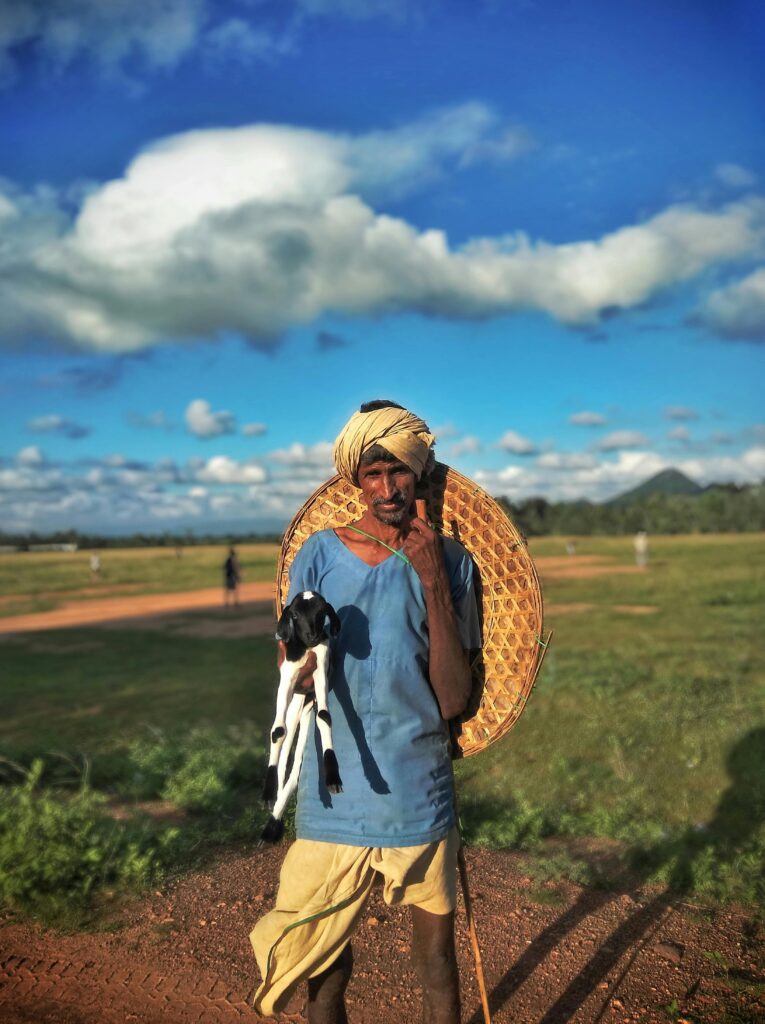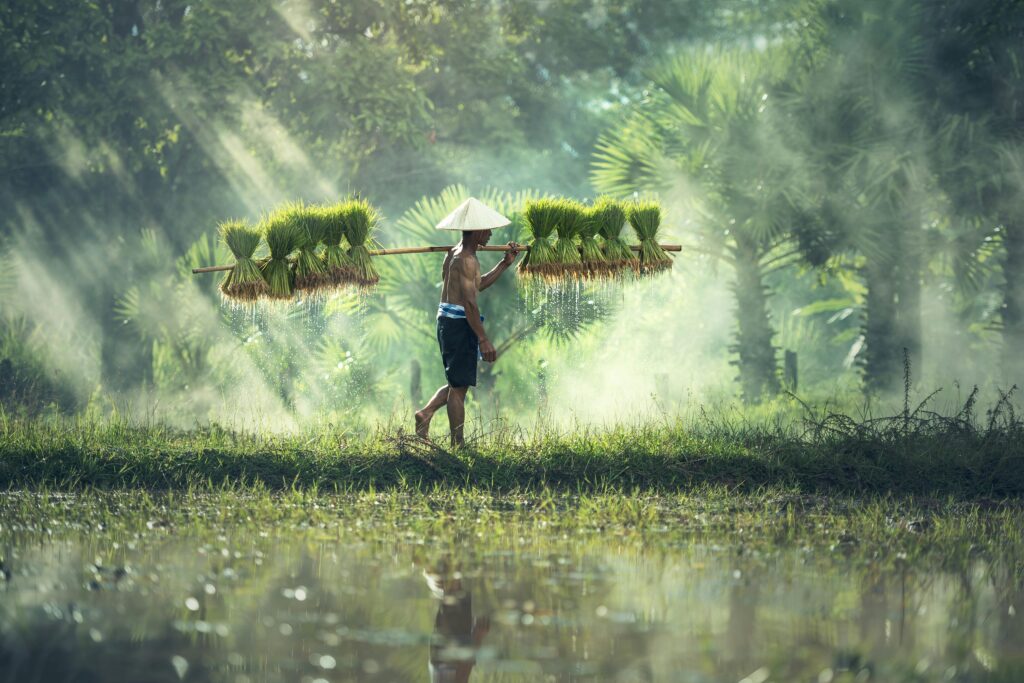
What is Matcha?
Matcha is a finely ground powder of specially grown and processed green tea leaves, traditionally used in Japanese tea ceremonies. Known for its vibrant green color, antioxidants, and health benefits, Matcha is now a global superfood with massive demand in wellness, skincare, and culinary industries.

Matcha Farming in India: A New Wave in Agriculture
✔️ States Taking the Lead:
- Assam
- Darjeeling (West Bengal)
- Nilgiris (Tamil Nadu)
- Kangra Valley (Himachal Pradesh)
These regions are ideal due to their cool climate, high elevation, and fertile soil — similar to conditions in Japan where matcha originated.
The Big Opportunity: ₹20,000 per Kg!
Matcha is sold at ₹3,500 to ₹20,000 per kg depending on quality and grade. For comparison, regular tea fetches just ₹250–₹350 per kg.
Why is it so expensive?
- Labor-intensive hand-picking
- Shading process before harvest to boost chlorophyll
- Fine stone-ground milling
- Premium export value and rising health trends globally
Health Benefits Fueling Matcha Demand
• High in antioxidants (EGCG)
• Boosts metabolism and fat burning
• Improves brain function and focus
• Detoxifies the body naturally
• Popular ingredient in smoothies, skincare, desserts, and supplements
Can Matcha Replace Traditional Tea Farming?
While not every farmer can switch instantly, many small-scale tea growers are experimenting with shaded cultivation, hand-picking, and fine processing to create Indian-grown matcha.
Government & Startups are noticing:
- Training programs for organic farming
- Export support from APEDA
- Startups in Assam and Nilgiris helping with branding & packaging
Matcha is the Green Gold of Indian Agriculture
With high international demand, premium pricing, and health-conscious consumers, Matcha farming in India offers a massive untapped opportunity for modern farmers.




